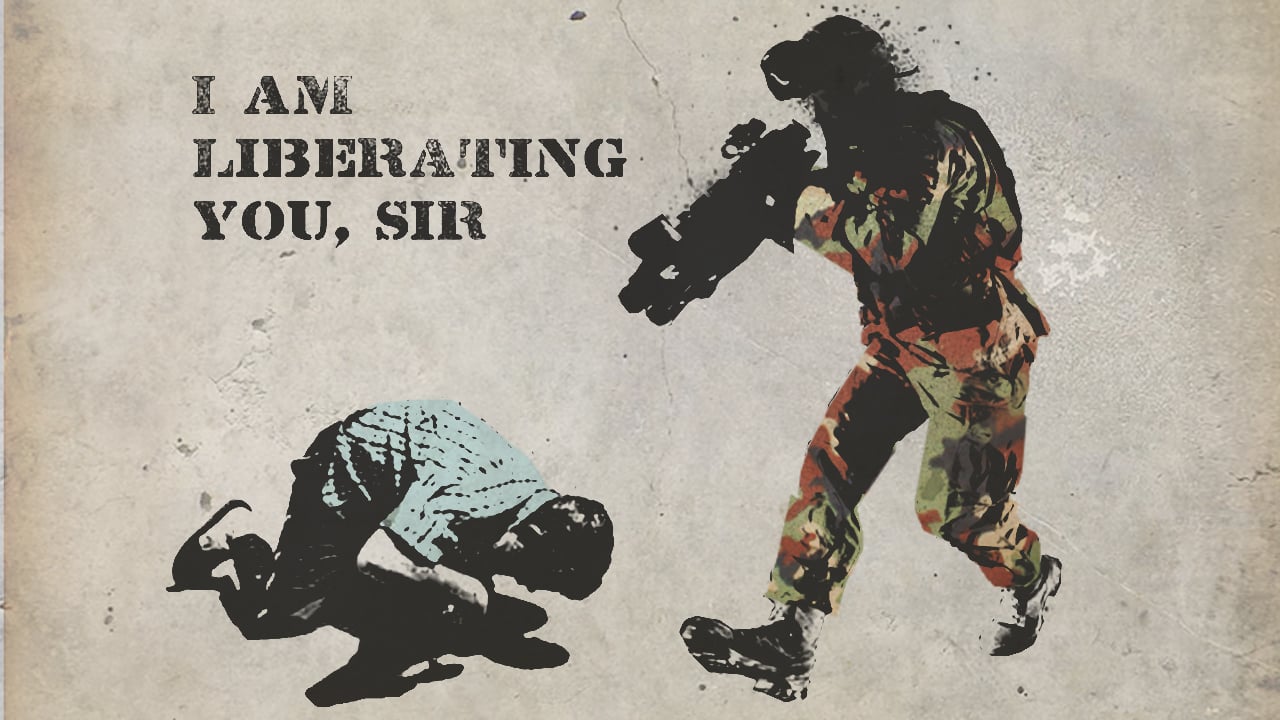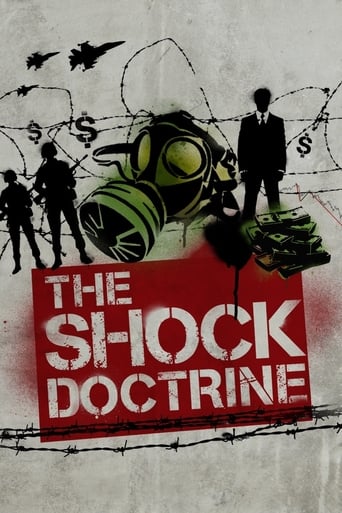



Self-important, over-dramatic, uninspired.
Best movie ever!
Beautiful, moving film.
Amateur movie with Big budget
Friedman is like a leader of a cult as to economics? that's a joke, even some senior scholars don't give a shit. i studied economics for 6 years, at last i finally understand what economic is , it's not a science as it claimed at all, it's only a tool, a tool for brainwashers to control people's think.
View MoreObviously, the opinions about this powerful documentary will be sharply divided. Liberals, and proudly I am one of them, will approve and cheer, and conservatives will call it communist propaganda and other such drivel. I lived in both communist and capitalist society. With the incredible youthful passion I fought communism and it's limits on free speech and artistic expression. And over 22 years ago I immigrated to the USA. And, it was a sobering experience. There is a freedom of speech, nobody limits the artistic expression( mostly because nobody gives a damn about art-the dying form). And there is the most troubling of all for me. The mighty dollar, the only pertinent thing. It really is all about money. Everything else takes the back seat. The extremes of socialism didn't work, because repression doesn't last forever, but, on the other hand, the extremes of ruthless, greedy capitalism, do not work either. The culture of ME,ME,ME is ultimately barren and lonely, and the impoverished will eventually rise up in arms, and who wants that. Nobody reads the dusty volumes of history books. If they were, we might be living in a different world.
View MoreThe numerous examples provided in this documentary very effectively support the conclusions that Klein is making. This is NOT a conspiracy film by any stretch. This is just a history lesson that has you draw your own conclusions. It makes a major point that should be no surprise to any of us - that "shocks" have been opportunistic to the powers that are determined to promote their success above the general welfare. I appreciate this documentary because it focuses on important truths that too many of us refuse to accept even though the evidences are overwhelming. The documentary might be a little overwhelming for someone who is not familiar with the facts presented since they are presented in such volume so quickly. The documentary could have easily been twice as long, but I suppose that is what the book is for.
View MoreAfter watching this film with a few friends (one of which was a former World bank employee), we had a rather mixed and somewhat heated conversation in the cinema bar. The film is basically a summary of the book, which talks about the ideas of Milton Friedman and how they have been used to influence world affairs. However, for those of you who may find the film 'superficial' I would recommend the book, as there is much more detail. Regarding the objectivity of the film, I don't believe that it's anti-American or anti-capitalistic (as my world bank friend remarked). Quite the contrary, it is very balanced and in my opinion Klein does not point a finger at a company without first presenting the facts. I think what a lot of pro-capitalists probably find annoying about Klein is that she brings the whole idea of multinational dirty dealings and currents affairs into the spotlight. After all, Halliburton, Shell, BP, the World bank etc. are far from angels when it comes to making money! I for one, commend the producers of this film and Mrs. Klein for a job well done!
View More